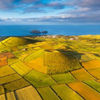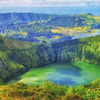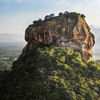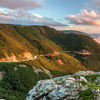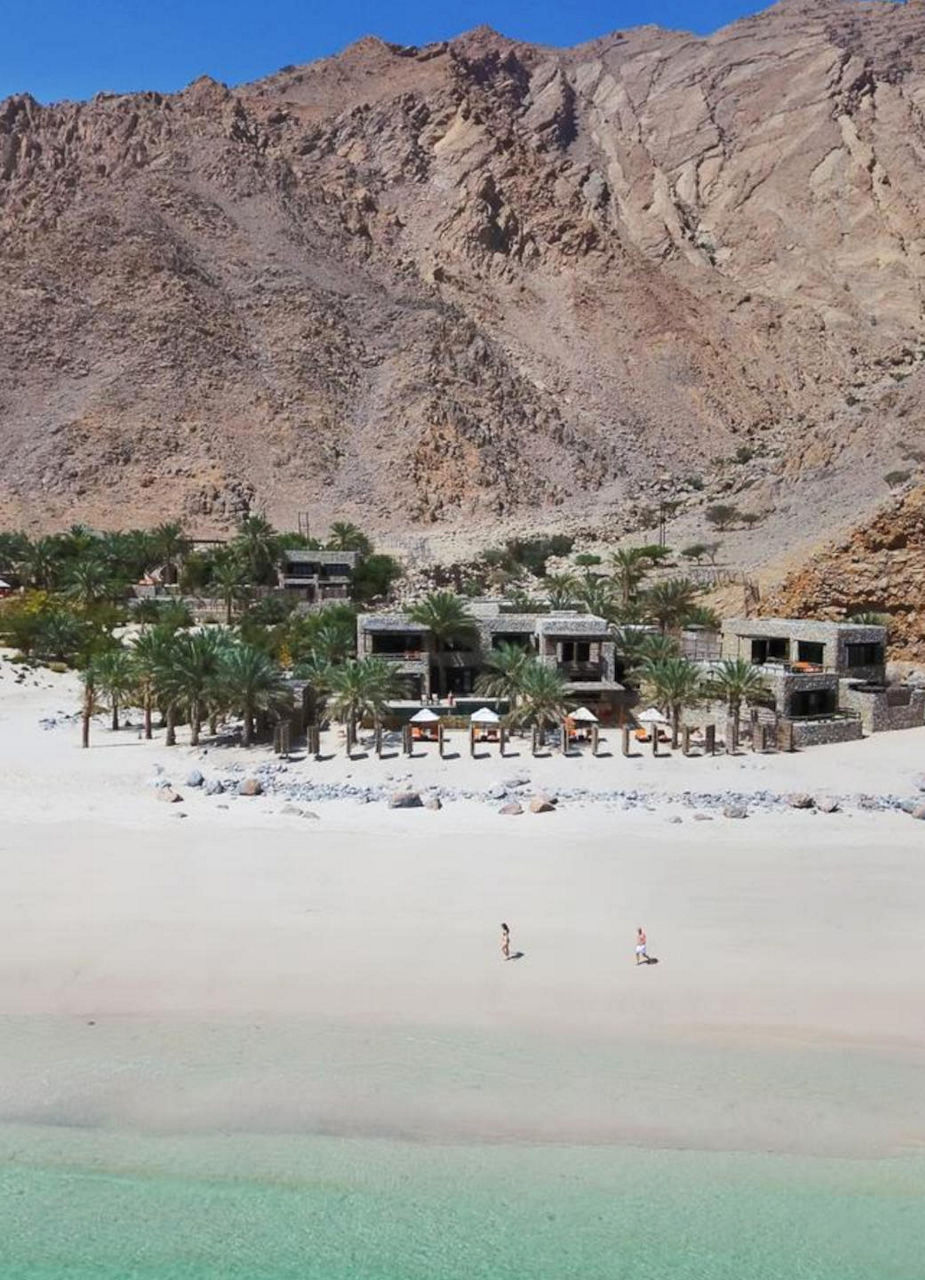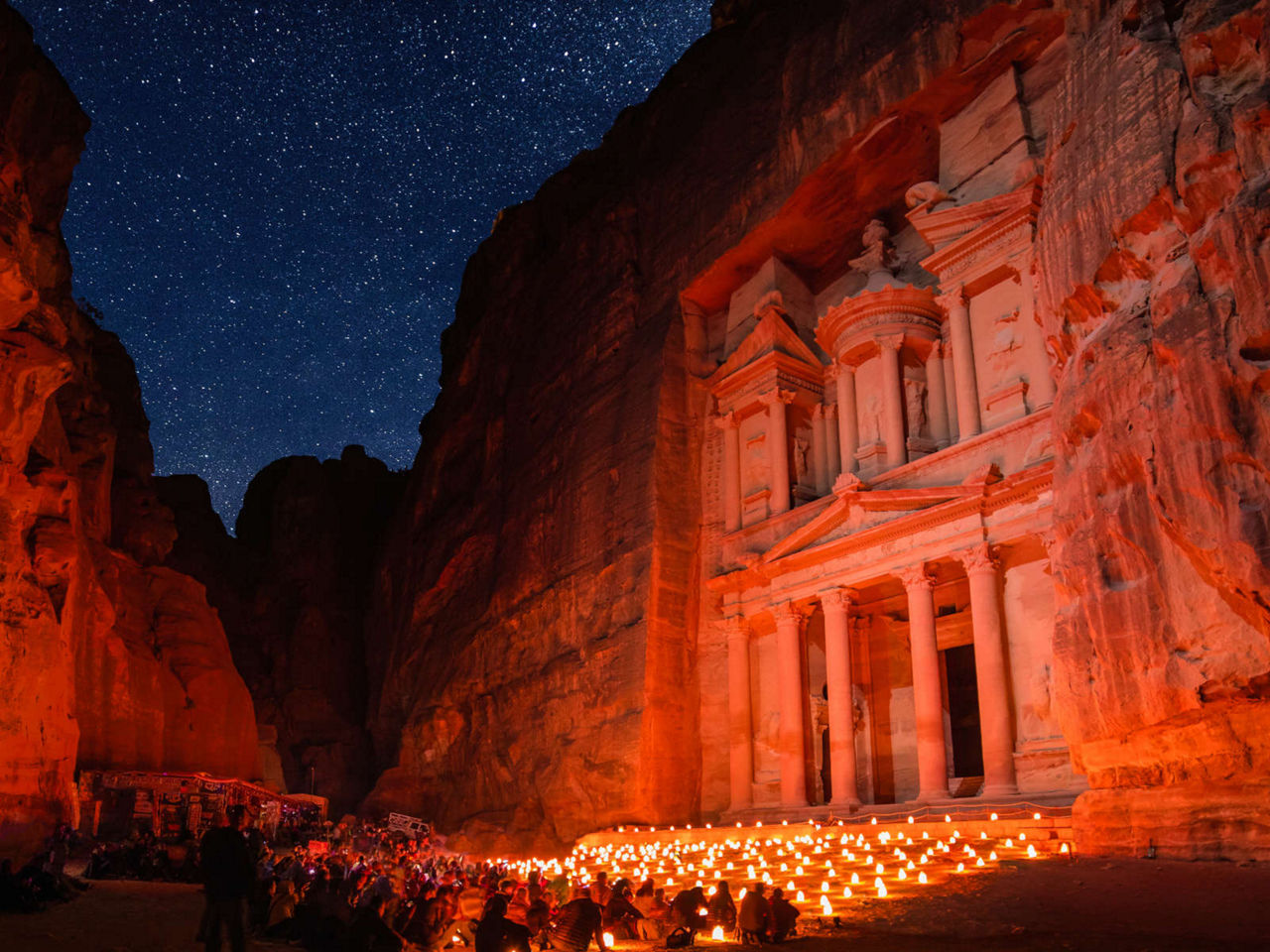
Round trip through Oman
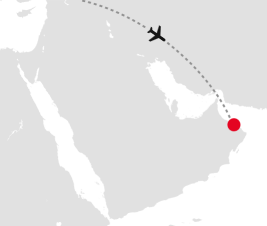

On the road
This round-trip covers a bit of everything - Omani heritage, culture, nature, adventure, relaxation, and unforgettable experiences. The overall driving time is about 15 hours. Most of the stops are roughly one to two hours from each other, however the trip from Sur into the desert will take about four as the longest section of the journey.


Muscat
Our journey starts on the Gulf of Oman in the city of Muscat. From the surface it feels like life here has been frozen in time. However, once you dig a little deeper you can find a modern, progressive city. Stroll along the waterfront of the Mutrah Corniche and idle away the time between the stalls packed with spices, frankincense and myrrh in the Mutrah Souq. Embrace the culture at the Sultan Qaboos Grand Mosque or indulge in a concert at the Royal Opera.

Bimmah Sinkhole
About an hour and a half into your journey you will be passing the turn-off to Bimmah Sinkhole. Although geologists have confirmed that the pool is a sinkhole, legend has it that the hole was created by a meteorite. That is why the park holds the Name «Haweat Najm» or translated «the falling star». No matter how the pool came to be, it's a great place to take a break, have a picnic or cool off. To find more swimming spots along the way, visit our blog about the most beautiful wadis in Oman.


Sur and Ras al Jinz
On your way to Sur be sure to stop at Tiwi white beach to soak in its spectacular beauty. Sur used to be a major Dhow (traditional Omani boat) manufacturing town and a prominent stop along the trading route to Africa. Today, some of the shipyards are still running and open to visitors. Sur is also a perfect starting point if you're interested in visiting the Ras Al Jinz Turtle Reserve.


Sharqiya Sands
The Sharqiya sands, also known as Wahiba sands due to the Bani Wahiba tribe that lived in the area, is a desert region in the east of Oman. It’s a four-hour detour from Sur but well worth the trip. The ever-changing sand dunes will leave any visitor in awe. Spending the night in the area will allow you to marvel the night sky far off from the light pollution of civilisation. Why not try glamping in a Bedouin style tent and let yourself be transported into the tales of the Arabian nights.


Nizwa Fort and Souq
Nizwa lies in an oasis in midst of some the highest mountains in Oman. The impressive round tower, which is the centre piece of Nizwa fort, was built in the 17th century by the Ya’arubi tribe, but the foundations date back as far as the 9th century. There are many exhibits explaining the history of the fort and the ways of Omani life throughout history. After learning about the fort head over to the Souq (marketplace). The Souq is one of the oldest in the country and if you arrive on a Friday make sure to arrive early to see the locals parade their livestock in front of potential buyers – it provides quite a show.

The Jebel Akhdar
The Jebel Akhdar or Al Jabal Al Akhdar can be translated to "the green mountain". The area is known for its cooler climates and terraced orchards where pomegranates, apricots, and walnuts grow in abundance. Take a hike or discover some of the wadis in the area and don’t forget to buy some of the rose water that the area is famed for. Step back in time with an outing to the traditional village of Bald Sayt.

Bahla Fort
If you have some free time and are interested in Omani history stop off at the Bahla Fort on your way back to Muscat. Bahla is a 13th century fortress that has been declared a UNESCO world heritage site.
Header - Photo by Anfal Shamsudeen on Unsplash
Paragraph 1 - Photo by Emma Harrisova on Unsplash
Paragraph 2 - Photo by Anfal Shamsudeen on Unsplash
Paragraph 2 - Photo by Niklas Weiss on Unsplash
Paragraph 3 - Photo by Aaqib Dalvi on Unsplash
Paragraph 4 - Photo by Sharonang Pixabay
Paragraph 4 - Photo by Issakho99 on Pixabay
Paragraph 5 - Photo by Musandam Dhow Tours on Unsplash
Paragraph 5 - Photo by Ras Al Jinz Turtle Reserve
Paragraph 6 - Photo by Al Reem Desert Camp
Paragraph 6 - Photo by Vera Davidova on Unsplash
Paragraph 7 - Photo by Alila Hotels
Paragraph 8 - Photo from UNESCO.org

